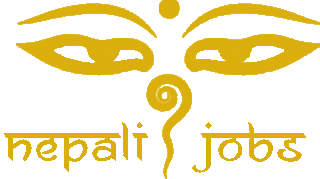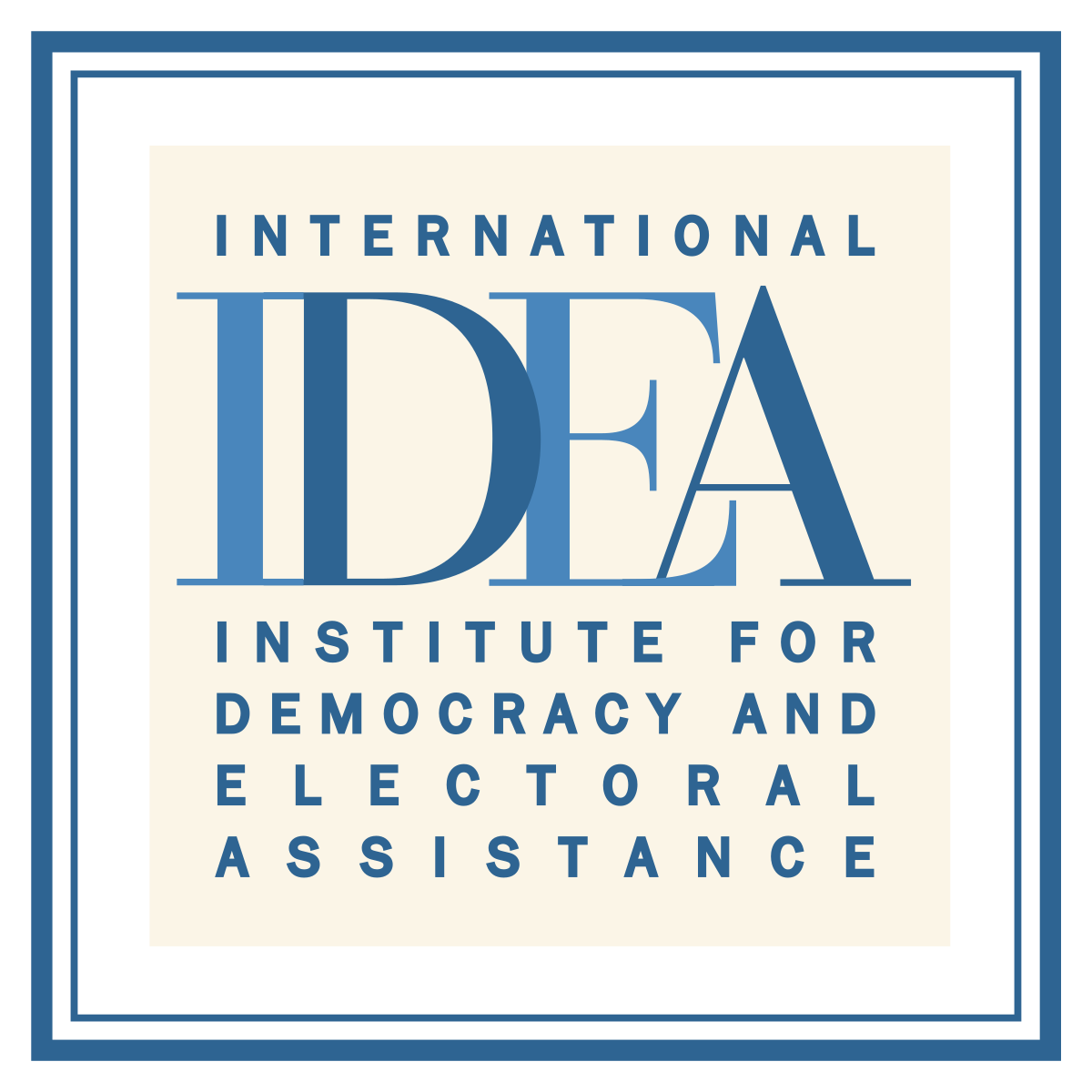VACANCY ANNOUNCEMENT
Organization: The International Institute for Democracy and Electoral Assistance
The International Institute for Democracy and Electoral Assistance — The International Institute for Democracy and Electoral Assistance (International IDEA) is an intergovernmental organization with a mission to advance democracy worldwide, as a universal human aspiration and an enabler of sustainable development, through support to the building, strengthening and safeguarding of democratic political institutions and processes at all levels.
We believe that democracy is a universal human aspiration and an experience that is pursued and lived in different ways around the world. Beyond the basic tenets of citizens’ choice and citizens’ political equality, the critical choices are best made and the quality of democracy is best gauged by those directly concerned: the citizens themselves. We systematically nurture an open and pluralistic understanding of democracy. This is respectful of the national context, and is in line with our non-prescriptive and non-intrusive approach, as well as with the priorities set by national actors.
International IDEA produces, shares and enables the use of comparative knowledge in its key areas of expertise: electoral processes, constitution building processes, political participation and representation, as well as on democracy as it relates to gender and inclusion, conflict sensitivity and sustainable development.
It has its headquarters in Stockholm, Sweden, and offices in the Africa and West Asia, Asia and the Pacific, Latin America and the Caribbean and Europe regions. International IDEA is a Permanent Observer to the United Nations.
Position: Programme Manager – Kathmandu
Context
Since 2004, International IDEA has supported three main areas of the democratic process in Nepal: transition to peace and to a democratic system, constitution building and electoral processes. During the period 2004-2015, International IDEA’s main partners included the two Constituent Assemblies, their Legislature Parliaments and Secretariats, the Ministry of Federal Affairs and Local Development and the Election Commission of Nepal.
In 2015, once the new Constitution was promulgated and Nepal became a Federal Republic with three spheres of government – federal, provincial and local – International IDEA’s work shifted towards supporting the implementation of key constitutional provisions, supporting the newly introduced federal system by strengthening local government system through deliberative political decision-making processes, in partnership with the Ministry of Federal Affairs and General Administration (MOFAGA) and the UK’s Department for International Development (DFID). Support also included informing and engaging citizens about their rights, roles and responsibilities in Nepal’s new federal system of governance, with support from the Governance Facility (GF).
Since 2016, International IDEA has been supporting the implementation of Nepal’s Constitution by contributing to effective state capability in partnership with the relevant entities of the Government of Nepal – at federal, provincial and local spheres, as well as with key development partners, in addition to continue supporting meaningful engagement of citizens through civil society actors and partners.
From 2016-2019, International IDEA implemented the Coherence Programme (Phase 1), a joint programme co-created by the MOFAGA (Ministry of Federal Affairs and General Administration), DFID and International IDEA, with the overall aimof promoting political coherence within the Nepali system, focused on local government systems. The programme was implemented as a pilot to contribute with its learnings into the national framework programme – the Provincial and Local Governance Support Programme (PLGSP). The second phase of the Coherence Programme has been agreed to share Phase 1 learnings into PLGSP, continue to expand its learnings by piloting in more palikas (local governments) and engaging with the Provincial Center for Good Governance (PCGG) and transfer its learnings for the effectiveness of the PLGSP.
The Programme Manager will oversee the day to day management and implementation of Phase 2 of the Coherence Programme that will integrate into, and work closely with the PLGSP and PCGG. The Programme Manager will also lead on Component 2 of the programme, Local Governance Support.
Duties and Responsibilities
- Leads the day to day programme management and implementation of Coherence Phase 2, and supports the strategic leadership of the programme;
- Develops and regularly reviews annual and quarterly work plans and budget and proposes revisions as necessary;
- Leads quarterly learning and reflection events, and reports on outcomes to ensure effective learning, sharing and continuous improvement;
- Convenes governance meetings with DFID, the Technical Coordination Committee (TCC), the Federalism Working Group and other strategic leadership meetings and regularly liaises with PLGSP and PCGG on programme activities;
- Contributes to the design and implementation of the monitoring, evaluation and knowledge management strategy in close with the Monitoring and Evaluation Officer;
- Provides timely and insightful narrative reports on programme activities and outcomes;
- Facilitates bi-annual field visits for the technical coordination committee members and other key stakeholders;
- Leads the facilitation of dialogue events with the media on federalization and democratic governance processes;
- Takes the lead on Component 2, Local Governance Support; Leads the selection, development and deployment and overall management of mentors, in line with the principles and practices established by Coherence Phase 1
- Engages with the National Association of Rural Municipalities in Nepal (NARMIN), to share lessons learned and develop learning resources supporting continuous development;
- Supports the establishment a mechanism for the use of flexible fund for PLGSP; Organises national learning and sharing events for PLGSP and respective local government representatives.
- Ensures the effective implementation of Learning Integration Plan;
- Develops performance and developments plans for the PCGG Learning Coordinator and Senior Mentors, ensures periodic follow up and reporting, and implements six monthly and annual performance reviews.
General Profile
- Combines in-depth knowledge, acquired through academic achievements, excellent skills including managerial skills and relevant experience in their field;
- Manages assigned projects throughout the project life cycle, i.e. from strategic planning and project design, funding and budgeting to project assessment and accountability; leads meetings and discussions, supervises publications and input from external providers;
- Has contributed to publications on their relevant subject; is recognized as a knowledge resource in his/her broad professional community;
- Has the intellectual leadership to integrate innovation into his/her field of expertise;
- Directly manages a team of contributors to the project, including staff members and possibly consultants;
- Fosters team-based activities in his/her unit; collaborates with other entities of the Institute;
- Acts as a model and mentor for colleagues;
- Is expected to travel globally to any geographical area involved in his/her projects;
- Follows internal procedures to ensure high standards of performance and compliance with Institutional guidelines;
- Acts in accordance with International IDEA’s Core Values: Respect, Integrity and Professionalism;
- Integrates a gender and diversity perspective in all activities.
Reporting Line
- Head of Programme – Nepal
Programmatic Knowledge
- Has in-depth knowledge and extensive work experience on programme management in the field of local governance combined with a good understanding of related disciplines in order to approach activities in a holistic manner.
- Operational Knowledge, skills and experience
- Integrates a results-based approach into the design, management and evaluation of all his/her programmatic activities;
- Has thorough understanding of relevant programmatic issues in the key geographical zone where his/her work is implemented;
- Illustrates integrity, a collaborative spirit, a sense of achievement, and an understanding of risk management;
- Is analytical and a conceptual thinker;
- Familiar with the use of political economy and conflict sensitivity analysis;
- Understands and manages the budget of his/her project(s).
Leadership
- Some people management responsibility over permanent staff is expected;
- Acts as a model and resource for colleagues.
Problem Solving
- Will solve complex challenges, approach issues with new perspectives, and analyze situations from a multitude of intervening factors.
Impact
- Has a clear impact on the programme development and delivery;
- Can also impact other teams and projects in related fields.
Communication and Interpersonal Skills
- Communicates complex ideas clearly and concisely;
- Liaises permanently with all internal and external stakeholders, including electoral institutions, civil society and development partners involved in his/her project; acts and is perceived as an initiator of relevant communication to solve issues;
- Demonstrates excellent relationship building skills;
- Drives projects and assignments through personal energy and engagement;
- Can explain sensitive information with tact, and build consensus;
- Represents International IDEA effectively in professional circles.
- Excellent knowledge of written and oral English and Nepali required. Knowledge of Myanmar language would be an asset.
Education and Experience
- University degree in political science, law, international relations, public administration or other related discipline.
- Minimum of seven (7) years of relevant experience in strengthening local governance and political accountability in Nepal;
- Proven experience of programme coordination and management during all stages of the project cycle, including experience with flexible and adaptive programme delivery is essential;
- Experience with the monitoring and evaluation of programmes is essential
- Experience of working in an international context, e.g. in an intergovernmental organization, considered an advantage.
Terms of Contract
Local Post. Fixed-term appointment until 28 February 2022
Please note as this is a local post, International IDEA will bear no costs relating to relocation of the selected candidate to the duty station. This position is open to those legally authorized to live and work in Nepal.
Applying for this position
- Applications should be submitted no later than 23:59 (CEST) 30 June 2020. Please note that all applications must be made in English.
- Please apply directly by pressing the Send Application button.
International IDEA is an equal opportunity employer which seeks to further diversify its staff in terms of gender, culture and nationality.
Last date to apply: 30 June 2020


